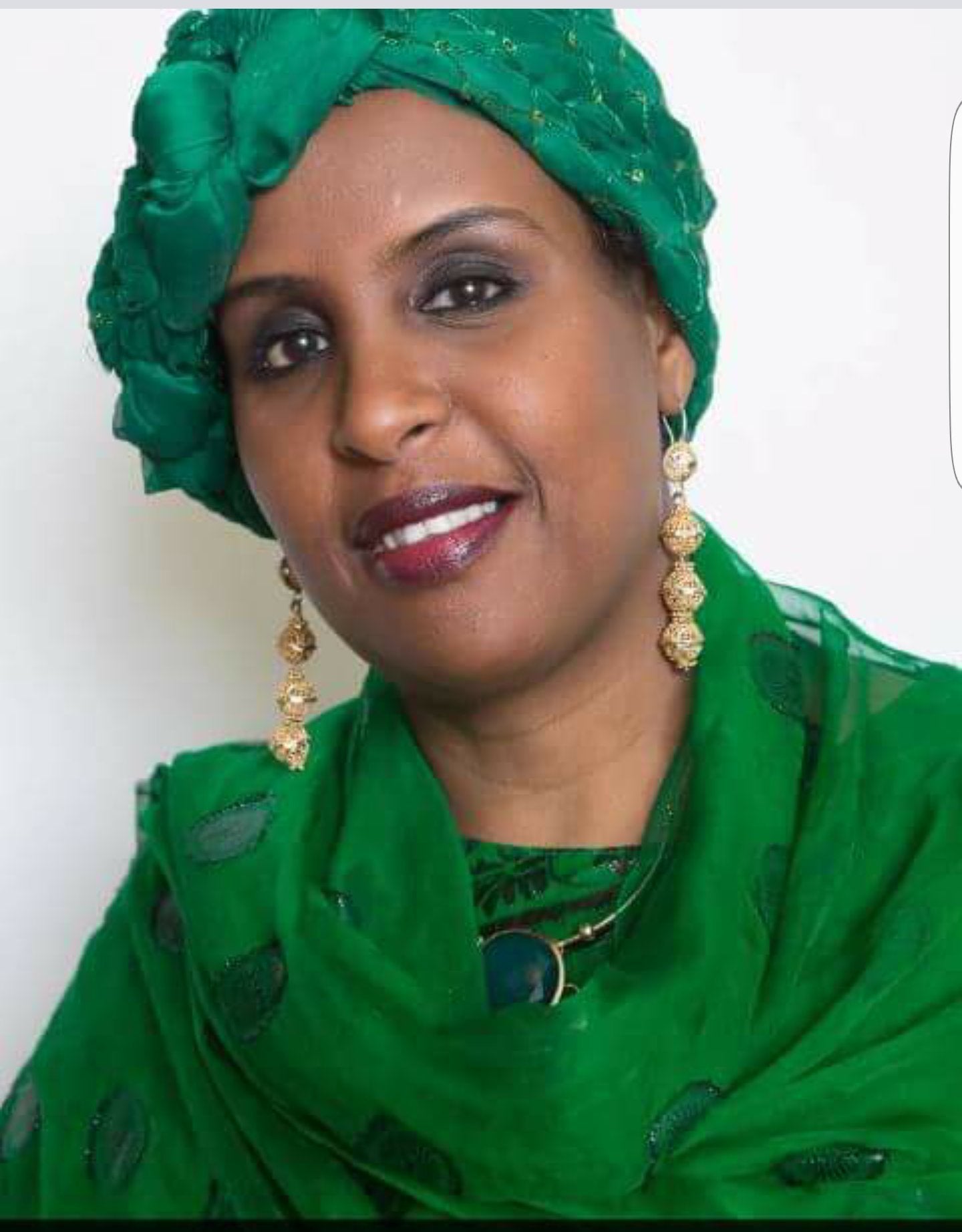Met Police still don't know where FGM is happening after 32 years without a conviction
NHS hospitals, clinics and GPs announce nearly 5,500 new cases emerging in 2016

The police inspector in charge of Female Genital Mutilation (FGM) investigations in London said the Metropolitan Police still does not know where young women and girls are being cut and disfigured.
Inspector Allen Davis’s comments came as the NHS revealed there were nearly 5,500 new FGM cases reported to hospitals, clinics and GPs in 2016.
No one has ever been convicted of carrying out female genital mutilation in the UK despite it being illegal in the country since 1985.
“We don’t know where it’s taking place,” said Inspector Davis, who is head of Project Azure, which responds to sexual offences, exploitation and child abuse. “FGM investigations, wherever you are in the world, are complex and challenging so it’s not unique to London or the UK."
He added: “The challenge in securing the successful conviction we all strive for, is that it’s a home-based crime that is significantly under reported. People conducting the FGM are often family members which is an inevitable barrier because the victim is not necessarily going to want to stand up and give evidence.”

Since 2012, the number of FGM referrals to Mr Davis’s team has increased from 29 each year, to 20 each month.
Southwark and Brent have emerged as the London boroughs reporting the most FGM cases.
But the Inspector said the amount of referrals the team receives are just the “tip of the iceberg”, adding there is more “nuance” than simply trying to arrest.
At airports, his team pull aside families suspected of travelling to high-risk countries for FGM for educational conversations. They also use the civil courts to place at-risk children with social services.
“We have a lot of tools in our arsenal,” said Inspector Davis. “But we are determined to secure a conviction because of the important message it sends out to the affected communities.”
Mike Canning, an NSPCC helpline manager, said his team receive a call on FGM about once a day.
“What happens to these people is child abuse. It leaves them physically and emotionally scarred,” he told The Independent.
The Department of Health’s FGM Prevention Programme today revealed there were 5,484 new reports of FGM in 2016. There have been 10,067 new reports since records began in April 2015.
Five-sixths of cases carried out in the UK were genital piercings, 95 per cent were born outside of the UK, 96 per cent were operated outside of the UK, and 96 per cent were aged 17 or younger during the FGM.
Barts Health NHS Trust in east London, according to a Freedom of Information response obtained by The Independent, has treated 1,224 females in relation to FGM between April 2014 and March 2016.
MPs have previously slammed the “national scandal” of FGM; Britain's hidden crime.
Campaigner Hibo Wardere, from Somalia, where around 95 per cent of women are subjected to FGM, believes children as young as four should be taught on the topic, to help eradicate the “torturous” cultural practice.
The 48-year-old had her clitoris and labia removed at six years old, in an experience she describes as “traumatic”, “a butchering” and the “worst day of my life”.
“I will die with that thought in my head,” said the mother-of-seven, who was left in isolation for 12 days.
She sought asylum in the UK in 1989, met fellow Somalian refugee and future husband Yusuf in London, and became a teaching assistant in Walthamstow.
Since 2012 she has visited hundreds of schools and universities across the world to talk openly on FGM to children as young as seven.
She will return to Africa for the first time on Monday, with the Orchid Project charity to Senegal, in what promises to be an emotional reunion.
“FGM has to be part of PSHE in education in schools,” she added.

“From Reception, we can show them a video explaining that no one should have to be touched if they don’t want to be. We are not telling them detail about your body parts being ripped away.
“But from Year Three they should be told about FGM and even in my talks, I tell them about my experience, and they do not shy away from asking questions. They want to learn more.”
Plans were announced last week to make relationship education compulsory in primary schools, and sex education compulsory in secondaries, but including FGM teaching is not mandatory at any age.
Ms Wardere also praised the Met Police for its prevention work and that the force should not be blamed for a lack of prosecutions.
Liberal Democrat shadow equalities secretary Lorely Burt also branded the NHS figures “astonishing” and said the lack of prosecutions was “shocking”.
“Far more must be done in schools to raise awareness of the practice and help teachers flag children at risk,” said Ms Burt.
